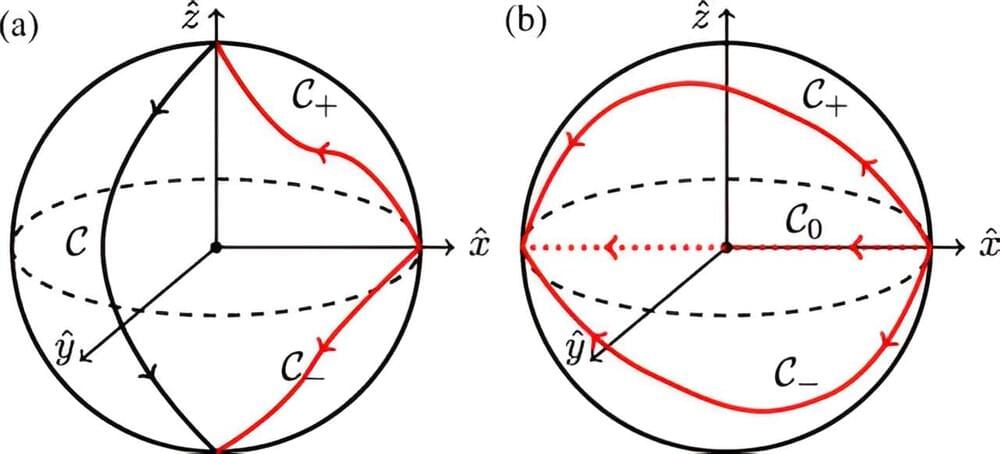A potentially game-changing theoretical approach to quantum computing hardware avoids much of the problematic complexity found in current quantum computers. The strategy implements an algorithm in natural quantum interactions to process a variety of real-world problems faster than classical computers or conventional gate-based quantum computers can.
“Our finding eliminates many challenging requirements for quantum hardware,” said Nikolai Sinitsyn, a theoretical physicist at Los Alamos National Laboratory. He is co-author of a paper on the approach in the journal Physical Review A. “Natural systems, such as the electronic spins of defects in diamond, have precisely the type of interactions needed for our computation process.”
Sinitsyn said the team hopes to collaborate with experimental physicists also at Los Alamos to demonstrate their approach using ultracold atoms. Modern technologies in ultracold atoms are sufficiently advanced to demonstrate such computations with about 40 to 60 qubits, he said, which is enough to solve many problems not currently accessible by classical, or binary, computation. A qubit is the basic unit of quantum information, analogous to a bit in familiar classical computing.
